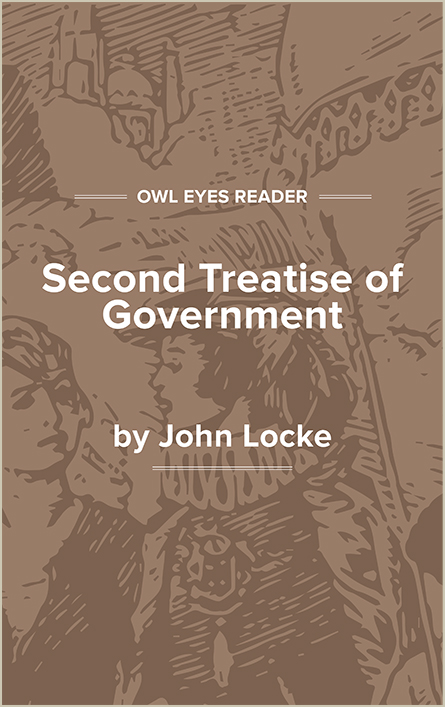John Locke Biography
Article abstract: Locke combined the rational, deductive theory of René Descartes and the inductive, scientific experimentalism of Francis Bacon and the Royal Society. He gave the Western world the first modern theory of human nature and a new synthesis of the individualistic concept of liberty and the theory of government that was emerging out of the debates over natural law.
Early Life
John Locke was born in the small English village of Wrington, in Somerset, on August 29, 1632. His father, John Locke, was a local attorney of modest means. His mother, née Agnes Kneene, was the daughter of a local tanner. Both parents were educated Puritans, and while the home atmosphere was austere, it was also intellectual. Locke’s father was a stern and taciturn man who seemed little interested in his son during his youth but grew friendlier as Locke became an adult. Agnes Locke was ten years older than her husband and thirty-five when John, her first son, was born. She was a pious and affectionate mother. Locke had only one brother, Thomas, born August 9, 1637. Shortly after John Locke’s birth, the family moved to Belluton and a larger and more comfortable farmhouse.
Locke’s early education was at home. By 1647, at the age of fifteen, his father had arranged for him an appointment to Westminster School, located next to Westminster Abbey in London. Headmaster Richard Busby was a remarkable teacher with definite conservative sympathies toward the Royalists and the Church of England. Even though Parliament had gained the upper hand in the Civil War with the king, Busby kept his post. Although he was not able to influence Locke toward either political or religious orthodoxy, Busby apparently cooled his pupil’s zeal for the Puritan faith. In 1650, Locke was elected a King’s Scholar. This meant that he boarded in the school instead of private quarters outside and, more important, would be eligible for a scholarship to Oxford or Cambridge when he was graduated. Locke studied Latin, Greek, Hebrew, and Arabic in order to read the great books written in those languages. In 1651, Locke’s brother, Thomas, also came to Westminster. In later years, Locke criticized boarding schools severely for the cruelty and violence they encouraged, indicating that those were not happy years for him. Only four of his schoolmates remained his friends in later life.
Locke grew to be tall and slender, a handsome man with a long, sensitive, and patrician face, a high forehead, large, dark, expressive eyes, a full mouth, and a dimpled chin. In later years, he often wore a wig in the style of his times, but he never lost his own hair. Locke did not change much as he grew older, except that his hair turned white and his face grew thinner.
In May of 1652, when he was twenty, Locke was last on a list of six Westminster students elected for scholarships to Christ Church, Oxford, where he enrolled the next November. Although Oxford had suffered greatly during the English Civil War, it had become a more settled place by the time Locke arrived. The curriculum was still medieval, and three and a half years’ study in logic, metaphysics, and classical languages were required for the bachelor’s degree. Latin was the spoken language, and all students attended religious services twice daily. While at Oxford, Locke acquired the lifelong idiosyncrasy of using ciphers, invisible ink, code names, and other devices to keep secrets. He seems to have cultivated an aura of romantic mystery for himself, an unexpected trait for someone renowned as the founder of the Age of Reason.
When Locke earned his B.A. in 1656, he decided to begin the three years of study required for the master of arts degree. What attracted him was not the regular curriculum with its methodology of disputation (he saw little chance of finding truth in that way) but rather the new learning, just making its appearance in the sciences, with its empirical methodology. He attended meetings to discuss the...
(The entire page is 4,004 words.)
Owl Eyes subscribers get unlimited access to our expert annotations, analyses, and study guides on your favorite texts. Master the classics for less than $5/month!

